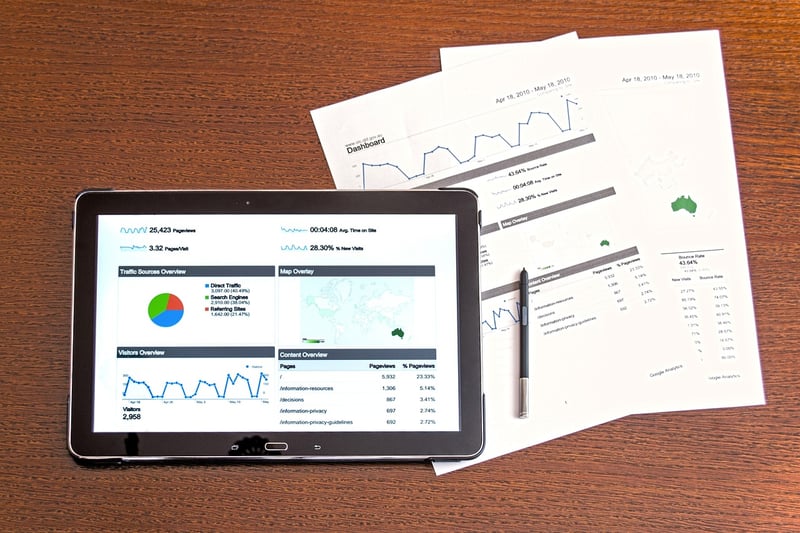Data Analysis
The Importance of Developing Essential Skills in Data Analysis
In today's data-driven world, the ability to analyze and interpret data is a highly sought-after skill. Data analysis involves inspecting, cleansing, transforming, and modeling data to discover useful information, draw conclusions, and support decision-making. To excel in data analysis, one must possess a combination of technical and soft skills.
Technical Skills
Technical skills are fundamental in data analysis and include:
- Proficiency in programming languages like Python, R, or SQL
- Knowledge of statistical analysis and data visualization techniques
- Experience with data manipulation tools such as Excel, Tableau, or Power BI
- Understanding of machine learning algorithms and predictive modeling
Soft Skills
Soft skills are equally important for success in data analysis. These skills include:
- Problem-solving abilities
- Critical thinking and attention to detail
- Effective communication skills to present findings clearly
- Ability to work in a team and collaborate with stakeholders
Why Developing Essential Skills is Crucial
Developing essential skills in data analysis not only enhances job prospects but also improves decision-making processes within organizations. By honing technical and soft skills, individuals can:
- Extract valuable insights from data to drive business strategies
- Identify trends and patterns that can lead to innovation and growth
- Make data-driven decisions that are backed by evidence and analysis
- Enhance problem-solving capabilities by leveraging data effectively
Conclusion
In conclusion, developing essential skills in data analysis is crucial for individuals looking to thrive in a data-centric world. By combining technical expertise with soft skills, professionals can unlock the full potential of data and make meaningful contributions to their organizations.

For more information on data analysis skills and training opportunities, visit Coursera.
